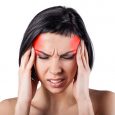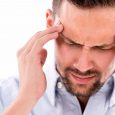Natural IBS Solutions
If you are someone who is a sufferer of IBS or irritable bowel syndrome, you will know how tough that can be, because the characteristics are uncomfortable and painful. With IBS, you can either be constipated or have diarrhea or both, sometimes so bad you cannot even reach the bathroom in time. But in saying that, the symptoms for IBS are different for everyone who has experienced it – all you know is that you want to find a solution to the problem.
Ongoing research continues to produce solutions
There are medications on the market particularly for irritable bowel syndrome, because it’s a very common disorder these days. There are many people who want to try natural remedies than the conventional drugs. Even though symptoms of IBS can be severe, often this disorder will just be labeled a “psychosomatic,” problem – all in the head. Some people suffer for decades on end without getting a solution because their doctors have never really seemed to nail the cause of their illness. Many have been told just to increase their fiber; others have been prescribed sedatives; some have been prescribed anti-spasm drugs and even anti-depressants. But those things aren’t really the answer because most of them don’t even work and nor do they address the underlying causes why the digestion system is not working properly.
Discovering the underlying causes
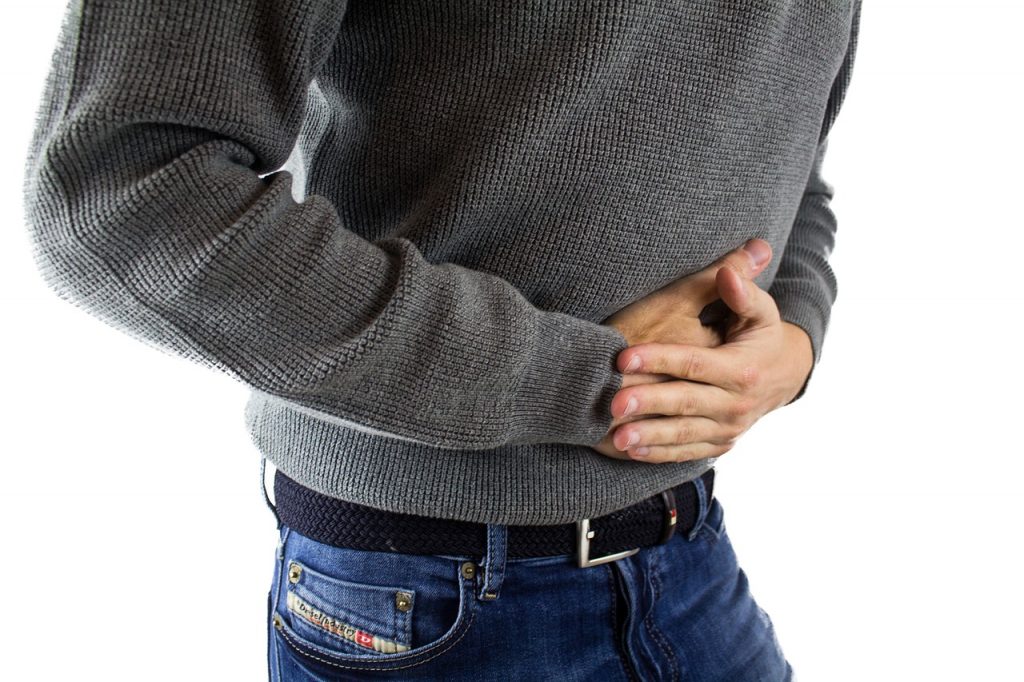
There has been some emerging research which has helped to identify the underlying causes of IBS. Some doctors like Dr. Mark Hyman, a US physician who is also the founder and medical director of the UltraWellness Centre has had many patients who have been successfully treated with IBS, based on functional medicines that have aided him in identifying and removing the underlying causes of IBS. He has been successful in helping patients to regain restored digestive function and excellent health. He says that there are 5 simple steps that any person who has IBS can follow so that they can be cured of IBS.

A case in question
- One of his patients, Alexis, 45, had IBS for over 33 years.
- She would just suddenly experience pain and cramping diarrhea.
- She reportedly didn’t consume any dairy products, she didn’t smoke and took fiber every day, and yet nothing seemed to help.
- She needed to go to the bathroom 4-5 times before leaving her house in the morning and she had to plan her day, figuring out close bathrooms which could be reached quickly in case she got her “attacks”.
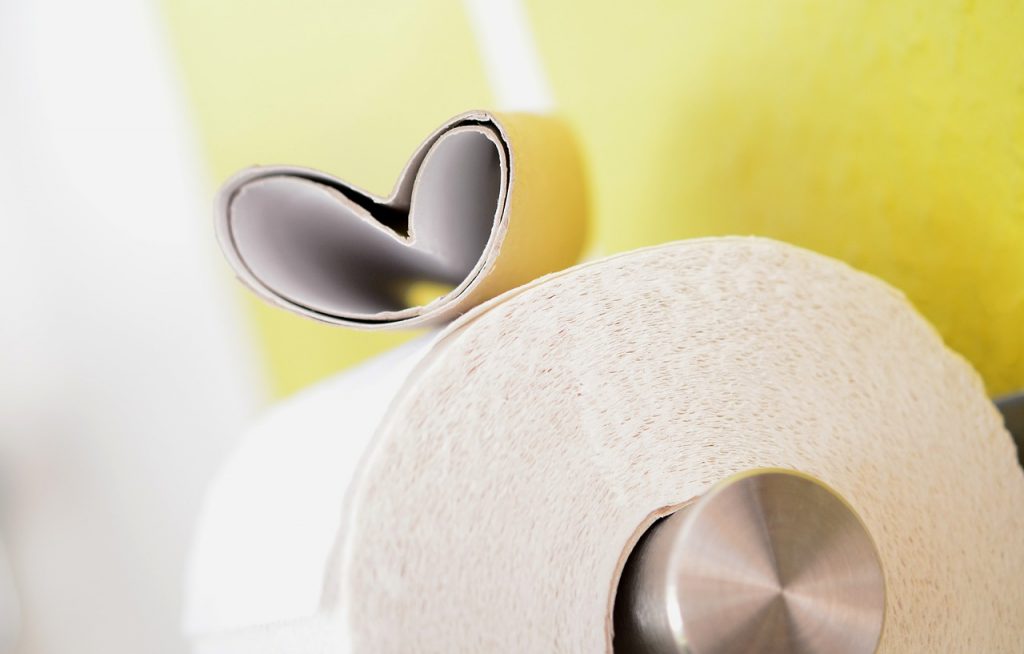
- She always felt bloated, full and uncomfortable after all her meals, and even worse, when she consumed starchy foods.
- Her medications had included antibiotics and she also suffered from yeast infections. She had even undergone a scope in her stomach which had revealed that she had inflammation of the stomach, also known as gastritis. Along with that, she had severe PMS or premenstrual syndrome with irregular periods, headaches, sugar cravings, and being agitated. Other unusual symptoms she experienced were rectal itching, which is often a clear sign of the yeast infections or from food allergies, and then to crown it all, she just felt so tired.
- She tried to eat healthily, but her diet wasn’t the best. She would down muffins and coffee for breakfast, maybe a salad for lunch – but she couldn’t seem to wean herself from sugar, eating cakes, ice-creams, sweets, diet sodas, and other junk foods. And she was also overweight.
The treatment by Dr. Hyman
- What Dr. Hyman did, he dealt with the underlying causes of Alexis’s digestive problems first, because the two main reasons you get IBS is from food allergies and an overgrowth of bacteria in the small intestine.
- He prescribed for Alexis the necessary antibiotic and then she had to eliminate the foods that were causing her allergies. But he gave her natural supplements of healthy bacteria which were able to normalize her gut. And he gave her zinc to help with the digestive enzymes because chronic diarrhea can certainly result in a zinc deficiency. She had to take extra fiber to feed the healthy bacteria and plenty of fish oil to reduce the inflammation. This was followed by a multivitamin and herbs to balance her hormones. Hormones can be affected greatly by abnormal bacteria.
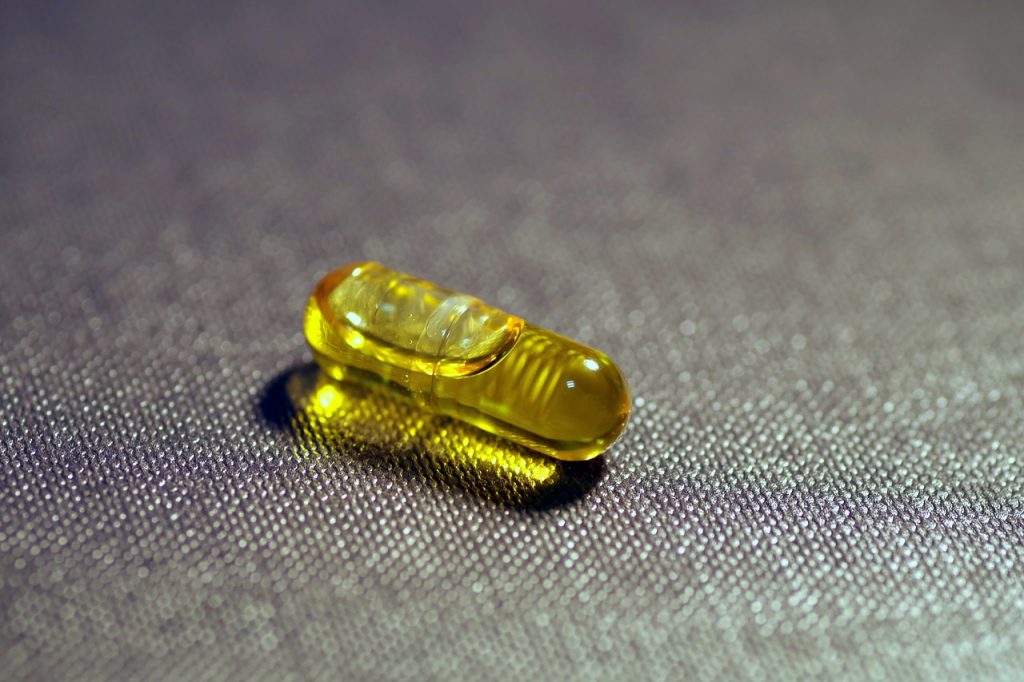
- Zinc, magnesium, probiotics, fiber, fish oil, enzymes, glutamine, vitamin A are the foods and supplements that are to be taken for anyone with IBS. It is also important to work with a practitioner that can personalize your health programs to meet your needs.
- When Alexis came back to see Dr. Hyman 2 months later, she was a completely different person. She had lost 20 pounds, she hadn’t had any of her previous “attacks” and she was having normal bowel movements and habits for the first time in 33 years. She apparently had much more energy and the PMS had disappeared. Her face looked 10 years younger, free from the stress and suffering she had endured for so long.
Explaining the gut imbalances
- The small intestine consists of around 60% of our immune system and your gut-immune system deals with bacteria and food particles that are not digested. If the lining of the gut breaks down from taking a lot of antibiotics, stress, a lot of anti-inflammatory meds like aspirin, etc., low-fiber diets with high sugar, alcohol, etc. etc., then the immune system gets exposed to foreign particles from food as well as bacteria and other microbes. Havoc is created in your gut, leading to IBS, which leads on to include other problems like allergies, mood disorders, arthritis, autoimmunity, and the list goes on.
- You need a healthy microbial ecosystem in your gut if you are to be healthy. When the gut bacteria gets out of balance and there is not enough healthy bacteria, you get sick. When bad bacteria is active in your gut, it starts fermenting the food you digest particularly the sugary and starchy foods. This is known as small bowel bacterial overgrowth, a major cause of IBS. What you experience is a bloated full feeling after your meals. Why bloating? Because it’s the overproduction of gas from the bacteria.
- Small bowel bacterial overgrowth gets diagnosed by a breath test. This measures gas production by the bacteria. You could also have a urine test that is capable of measuring the bacteria by-products that are absorbed into your system.
- The Annals of Internal Medicineshow that by using a non-absorbed antibiotic, named rifaximin for 10 days you could show dramatic improvement in bloating and the symptoms of IBS because it clears out the overgrowth of the bacteria. It is a popular treatment for IBS. All patients are different, however, and there are more factors that lead to IBS such as food sensitivities too, which can cause so many chronic symptoms like IBS.

If you suffer as Alexis did, there are the tools to deal with your IBS. You don’t have to wait for more studies to come out. Follow the 5 simple steps of Dr. Hyman today to start your healing process!
- Get tested: Try and get tests for IgG food allergies, eliminating the foods that test positive over a period of 12 weeks. Your doctor will assist.
- Test yourself first: You do this by eliminating typical food allergens on your diet such as yeast, eggs, gluten, soy, corn, and peanuts or whatever you believe could be the responsible foods. Start reintroducing them to see which one was the one causing symptoms.
- Get rid of the bad guys in your small bowel: Your doctor might prescribe rifaximin initially to deal with the chronic bacterial overgrowth like what Dr. Hyman prescribed.
- Repopulate your digestive tract with the good bacteria: You will do this with probiotics. The quality varies, so you need to really look out for top brands that contain billions of organisms in a packet, really special probiotics that help to normalize your gut function.
- You should try digestive enzymes: Take these with your meals to help with breaking down of food while your gut heals, such as omega-3, GLA from evening primrose oil, zinc, glutamine, vitamin A, and others.
Medical intervention is important in the treatment of IBS, and certain changes in the diet can go a long way to improve symptoms. When you take these impotent steps and seek out the underlying causes such as the above example, followed by natural foods and supplements, you can dramatically improve your health and overcome digestive disorders. Think about these:
- Probiotics and Prebiotics
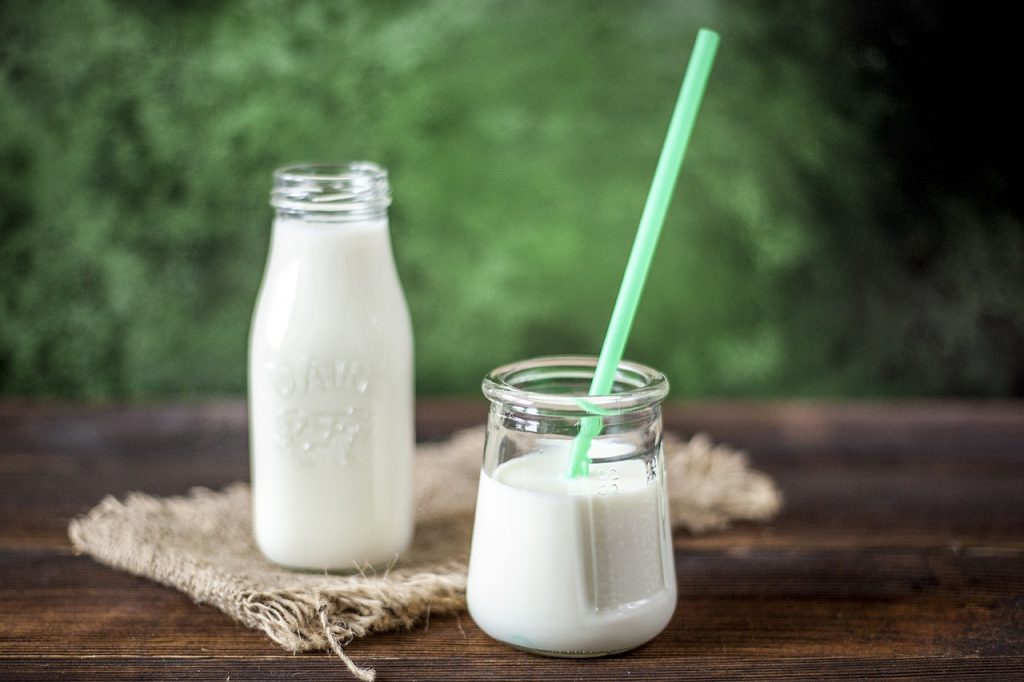
Live bacteria found in fermented foods such as kefir and yogurt is known to relieve symptoms of IBS. Your doctor will decide whether probiotics and prebiotics are worth a try. Not many studies have been concluded on prebiotics which is non-digestible carbohydrates. These feed the good bacteria in your gut. Prebiotics can be found in excellent foods such as bananas, garlic, raw asparagus, and onions.
- Fiber
Getting more fiber, as mentioned above does appear to help with IBS. Psyllium, wheat bran, and calcium polycarbophil are fiber types. Foods that are high in fiber are fruits, beans, whole grains, vegetables. Your diets should consist of typically low-calorie foods, packed with vitamins and nutrients.
- Peppermint oil
Peppermint oil really seems to have promising results that go back for many years, especially for patients who suffer from a lot of IBS pain. It is thought that peppermint oil is considered a natural anti-spasmodic, and it seems to be beneficial for pain. Other essential oils which are great for IBS are included below.
- Iberogast
Iberogast is a liquid formula consisting of nine different plant extracts—which also includes peppermint, for those patients with IBS-related pain. The plant extracts seems to also have non-spasmodic qualities.
- Digestive enzymes
These supplements are always helpful for people with diarrhea which is so often a symptom of IBS.
- Stress-reduction strategies
Stress doesn’t come in a bottle but it is something that is essential to get rid of when dealing with IBS. You need to modify your response to all the stress you encounter, exploring different options for stress reduction. For some, it can be yoga or medication. It’s all about mindfulness and reflection.

Women are more susceptible to getting IBS
Did you know that IBS affects between 25-45 million Americans, mostly women? It appears that you can get this condition from as early as your late teens to your early 40s. IBS is not a life-threatening disease but it can be nasty because it can last so long. When people suffer real IBS symptoms they are known to miss work or school, often unable to take part in activities.
Stress, as mentioned above, can make symptoms worse. Along with IBS, many sufferers also seem to suffer from sexual problems and urinary symptoms. You get four types of IBS types.
- There is IBS with constipation (IBS-C).
- There is IBS with diarrhea (IBS-D).
- Some people have alternating patterns of constipation and diarrhea, which is called mixed IBS (IBS-M).
- The others who don’t fit into these categories easily called un-subtyped IBS, or IBS-U.

What Are the Causes of IBS?
Experts don’t even know what really causes IBS but there are so many suggestions as to what causes it, from the colon being hypersensitive, to when the muscles in the bowl don’t squeeze normally; that it’s about chemicals made by the body such as gastrin and serotonin which control nerve signals between the digestive tract and the brain. All complicated and which has caused so much ongoing research to be carried out. Researchers are trying hard to see if it is the bacteria in the bowels causing IBS. Some researchers say it is hormones that play a role simply because IBS is seen more in women. But studies haven’t borne this out yet. Doctors will try to match your symptoms with the definition of what IBS is in their terms, and run tests. These can be:
- A colonoscopy: This will search for any signs blockage or inflammation
- An upper endoscopy to check indigestion and heartburn
- X-rays will be carried out
- Blood tests will be done to check for anemia, thyroid disease or problems and other signs of infection
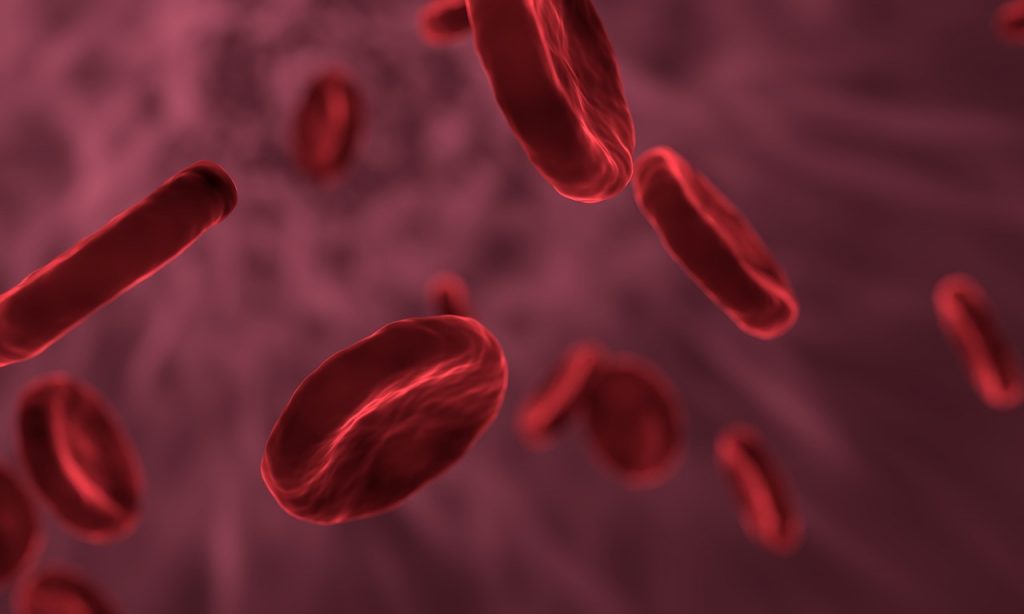
- Stool tests will determine if there is a blood infection
- Tests to determine lactose intolerance, celiac disease, and gluten allergies
Everyone who has IBS can find help but there is no single treatment that does work for everyone. You and the doctor will need to work out together what the right treatment is to plan and to manage your symptoms. And as we have seen, there are many things that trigger off IBS. It can be foods, or medicines, the presence of undigested foods in the stools or gas and emotional stress as well. The underlying cause will need to be found. It might mean some lifestyle changes and taking medications, but you can improve IBS.
Some dos and don’ts when you have IBS
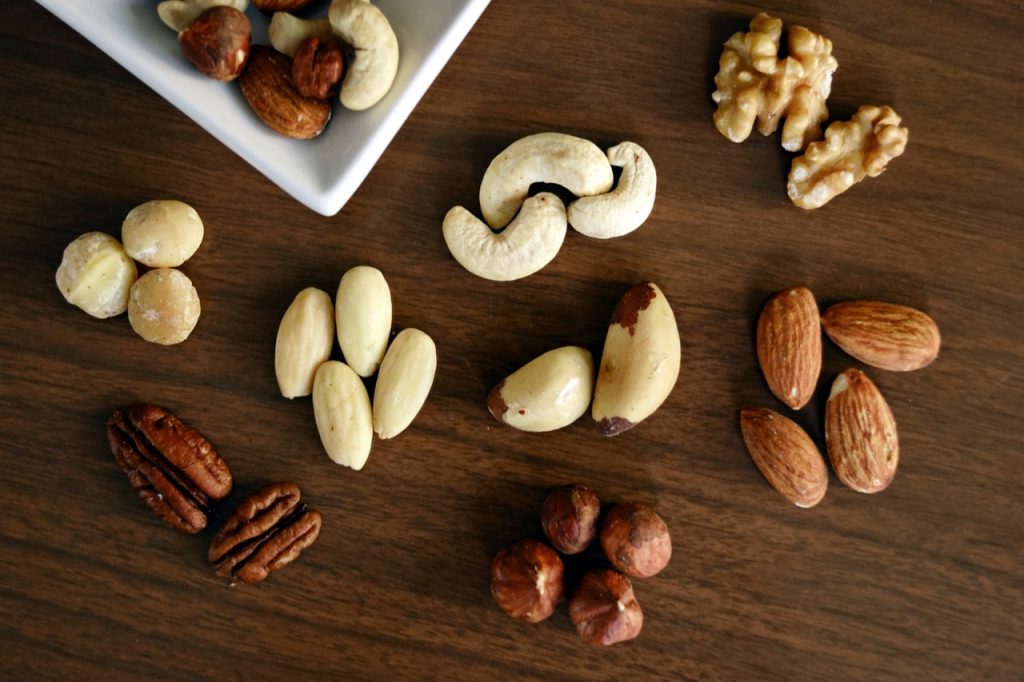
- Try and avoid caffeine in your sodas, coffee, and tea.
- Add more fiber like fruits and vegetables, grains and nuts into your diet.
- Drink plenty of water.
- Don’t smoke.
- Try and relax by getting more exercise and finding ways to reduce stress.
- Limit your milk and cheese intake.
- Eat smaller meals over bigger meals.
- Keep records of what you eat so you can try and discover what is triggering off the IBS.
- Try and avoid the foods that trigger off IBS such as green onions, red peppers, red wine, and cow’s milk. If you worry that you don’t get enough calcium, try and get it from other foods, like spinach, broccoli, tofu, sardines, salmon with bones, calcium-fortified orange juices and bread and out even get calcium supplements.
Like peppermint oil, essential oils can be your natural pharmacy
Essential oils have been around for years and they have received special attention for their healing properties, particularly for digestion, anxiety and other issues. Because people with IBS are usually those who suffer from high levels of stress, essential oils have been known to help. Even though the FDA doesn’t regulate the usage of essential oils, heaps of individuals attest to their personal experiences of essential oils helping them. Look at some that can be of great benefit:
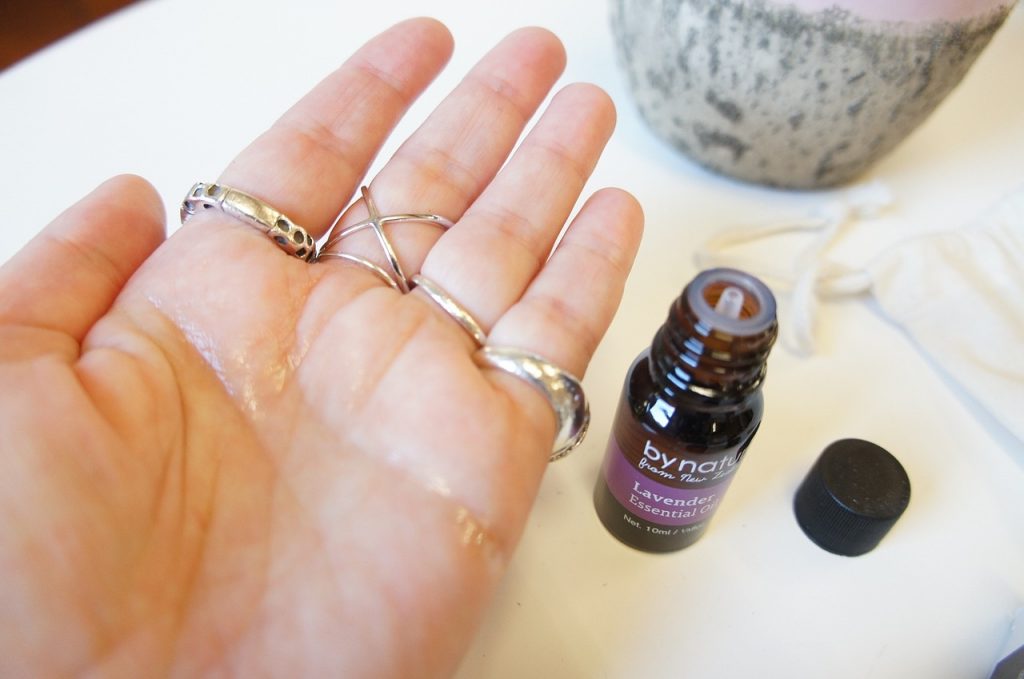
- Cumin essential oil
- Peppermint essential oil
- Ginger essential oil
- Fennel essential oil
- Lavender essential oil
- Frankincense essential oil
- Oregano essential oil
- Anise essential oil
- Thieves essential oil: this one is a combination of rosemary, lemon, clove, eucalyptus, and rosemary and when blended together creates a strong antioxidant blend, those with IBS have been known to add a few drops of the blend into a vegetarian capsule and swallowing with water.
Natural foods to eat with irritable bowel syndrome
- Fiber
- Grains: choose grains without gluten in them
- Almonds, soy milk, rice, coconut
- Bananas
- Bell peppers
- Blueberries
- Carrots
- Grapes
- Cucumbers
- Oats
- Potatoes
- Rice
- Quinoa
- Spinach and other leafy green veggies
- Tangerines
- Tomatoes
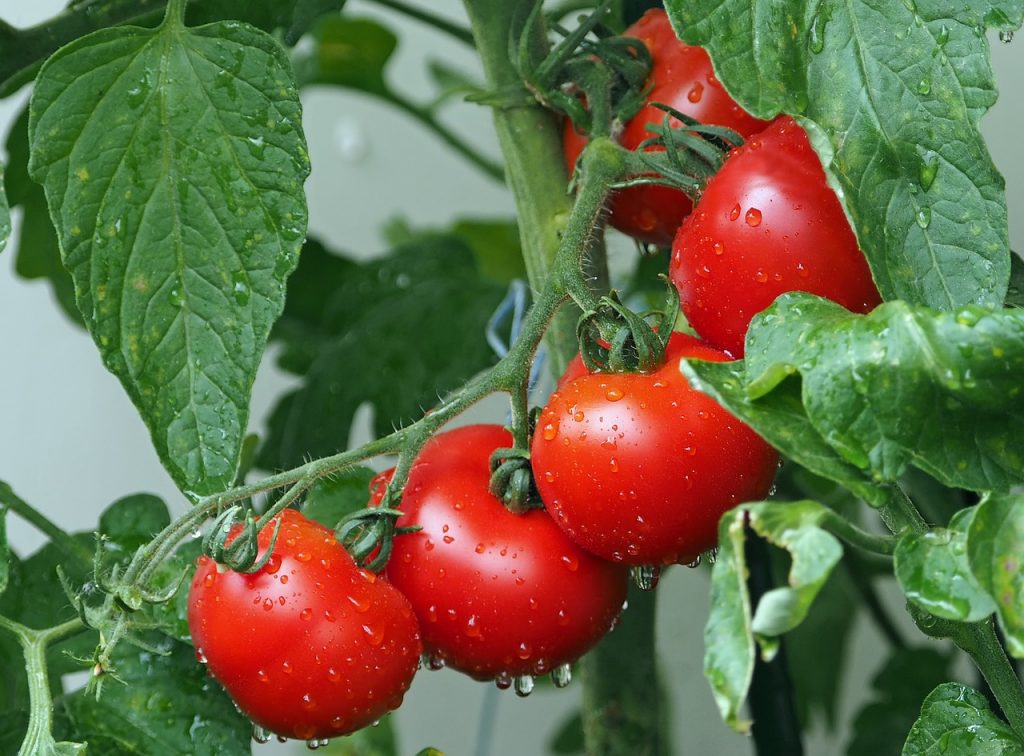
And exercise
You can truly benefit from yoga because stress is such a large factor of IBS. Yoga is all about reducing stress, gently stretching the body to ease any muscle tensions and promote bowel movements. The different poses of yoga give your body a gentle massage, increasing the blood flow and delivering oxygen.

Conclusion
Are you wondering if all those recurring digestive issues of yours mean that you have IBS? You will have learned by now that IBS symptoms vary from one person to the next and tend to come and go according to your stress levels and lifestyle. IBS affects more than 10% of the population of the world. From most doctors’ point of view, they will diagnose IBS from your symptoms collected.
Fortunately, there is good news in that once you have identified your particular IBS symptoms; you can treat it naturally through lifestyle changes and a natural treatment plan.
Ever heard of FODMAPs? You might soon enough. Because certain sugars in food are not absorbed completely by our bodies, they ferment in our guts, which can lead to IBS. A team of Australian medical professionals developed the low FODMAP diet. Those patients who do suffer from IBS are the ones likely to have other kinds of functional diseases – they are the ones more likely to have surgery than other people, indirectly leading to high mortality rates and more diseases. Further studies on the importance of FODMAP and IBS have put IBS on the map and even though more research is needed, you might want to check out adopting a low FODMAP diet and see how it applies to you. Hope is being provided to patients with IBS and hopefully, some solutions here, natural foods and supplements, and some lifestyle changes will turn out to be exactly the answer to your IBS.






